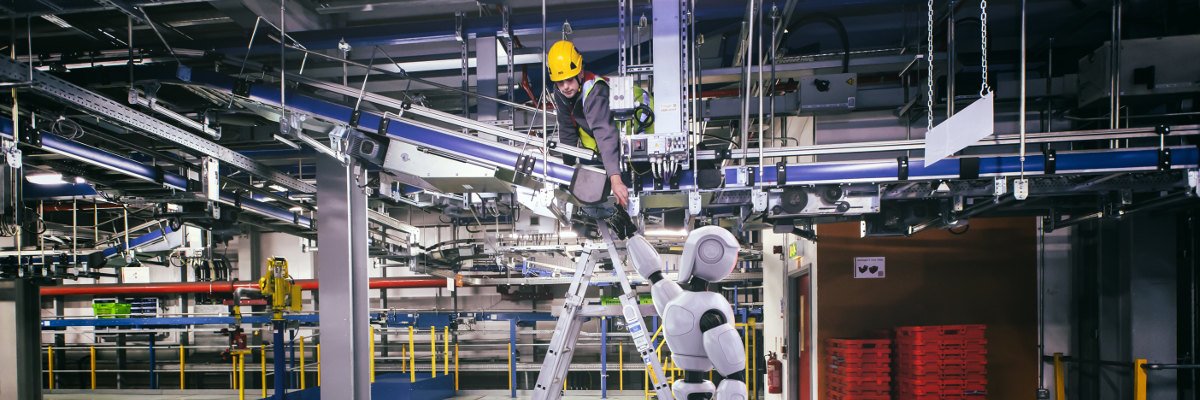Ocado Group has spent almost £300m on acquiring robot technology businesses in a bid to build out robotic picking at its customer fulfilment centres.
Through the acquisition of two North American robotic companies, Kindred Systems and Haddington Dynamics, Ocado hopes to make a step-change in advancing robotic manipulation capabilities.
The company, which recently became the home delivery partner for Marks & Spencer, believes existing industrial robotics is ill-suited to manage the complexity of the grocery domain. It said that in the context of retail, successful robotics needs to match the perception, cognition and dexterity of humans in order to make smart decisions on the fly.
Tim Steiner, CEO of Ocado Group, said: “We’ve made meaningful progress in developing the machine learning, computer vision and engineering systems required for robotic picking.” As an example, Steiner said the company has doubled the pick-and-pack speeds of its robotic arms at the five pick-stations within its Erith customer fulfilment centre.
Kindred Systems provides deep reinforcement learning and machine vision systems, gripper technology, teleoperation and supervised autonomy for operating autonomous systems at scale. These technologies can be integrated into the Ocado Smart Platform (OSP) in a way Ocado hopes will accelerate delivery of its technology roadmap and unlock economic efficiencies that are beyond human scale.
Meanwhile, Haddington Dynamics designs and manufactures dextrous, lightweight, low-cost robotic arms that can be integrated with OSP and Kindred. Among the opportunities Ocado sees for Haddington’s technology include the decant, picking and packing processes.
Steiner also sees opportunities to expand Ocado beyond online grocery fulfilment. “I am also excited by the opportunity to enter new markets for robotic solutions outside of grocery that is demonstrated by Kindred Systems’ robust growth, with existing customers such as Gap and American Eagle across the general merchandise and logistics sectors,” he said.
According to Ocado, the decanting and picking processes at each customer fulfilment centre cost £7m a year. Automating these processes with advanced robotics not only has attractive economic potential, but robots could also be deployed in other areas, such as de-palletising and de-trashing. In the mid-term, Ocado expects robotics to be used to automate other applications, including food handling and vertical farming.
Earlier this year, Ocado gave an update of the work it has been doing as part of the European Union’s SecondHands initiative. Working with a team of academics, Ocado collaborated on the development of a humanoid robot called Armar-6, which can respond to natural language commands. It can infer when a person needs help and proactively offer it, as well as lift, hold and pass objects of a wide range of shapes and sizes using dextrous manipulation.
The project team behind Armar-6 said it can also learn how to assist with a variety of maintenance tasks in a range of environments.
But while Ocado has extended its investment in robotics, retail giant Walmart appears to be pulling back. The Wall Street Journal has reported that Walmart has not extended its contract with Bossa Nova Robotics. The retailer has been using Bossa Nova’s robots to replace shopfloor workers for inventory scanning, but with more people shopping online, staff who would normally pick items to fulfil online orders are now tasked with performing inventory scanning duties, according to the WSJ.













